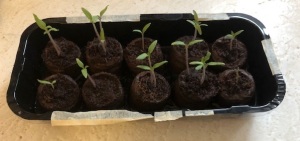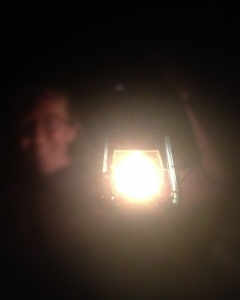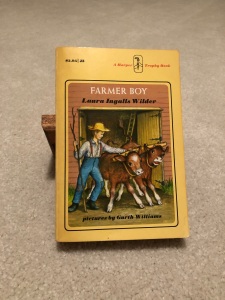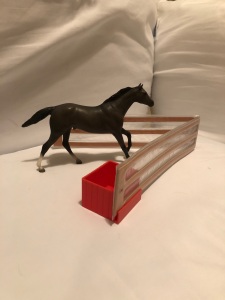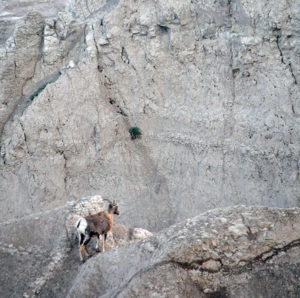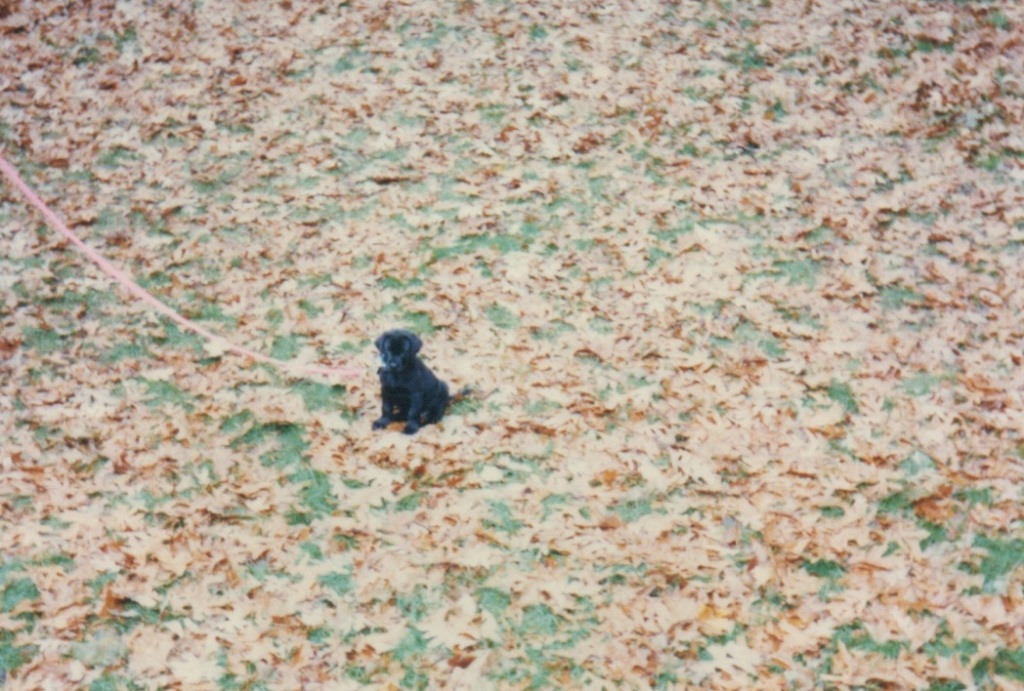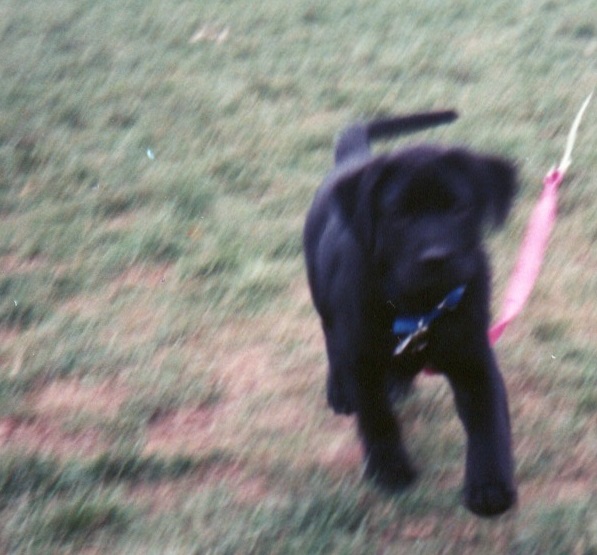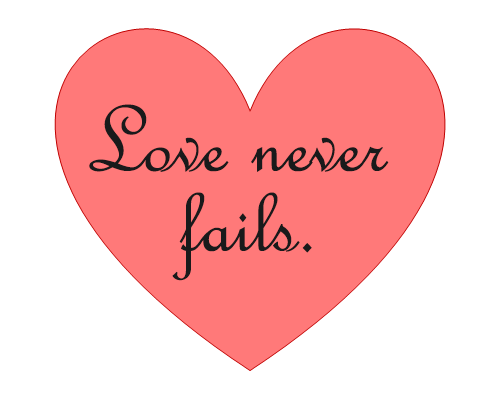My mother had read somewhere and often repeated:
In order to be happy, you need something love, something to do, and something to look forward to.
I used to quip that eating fulfills all three. (A stance I still maintain to this day.)
Despite my flippant response, I always acknowledged the wisdom in the simple saying. As a kid, I never had any trouble filling all three. I loved my family and friends, my many pets, anything involving horses. I went to school and did homework and worked odd jobs and played outdoors by the hour. I looked forward to summer vacation and the county fair and a good book.
As I’ve gotten older, I have noticed how easy it is to let the cares of the world detract from each of these overflowing columns. I have no fewer things to jamb into each condition, and yet something seems to block my ability to fully embrace the whole. Perhaps you have experienced this too.
Sometimes love brings heartbreak.
Sometimes our to-dos bring drudgery.
Even the things we are looking forward to can seem like So. Much. Work. (How many times have I heard someone say that preparing for vacation takes so much effort it’s easier to simply not take one?)
Is it even worth it?
The Bible talks about embracing faith like a little child. That is not the only thing we need to embrace in this manner. I’m not sure why we so easily lose our childlike wonder and enthusiasm, but I know we do.
Something to love. Something to do. Something to look forward to.
Even the beautiful simplicity of this principle can feel like one more thing to do rather than the promise of fulfillment. But I remember the young and eager enthusiasm. I see no reason why we can’t get it back.
My still favorite-for-now book of the Bible talks a lot about toil and gladness. It recognizes that the two are often connected, and that enjoyment is a gift from God. At least five times a similar sentiment is repeated: There is nothing better for man than to eat and drink and provide himself with good things by his labors. Even this, I realized, is from the hand of God. (Ecclesiastes 2:24)
We need to not be afraid of work. Thorugh work is often found the reward of satisfaction and the production of goods that are profitable for life. At the same time, we need to recognize God as the inherent provider of both the work itself and the work’s outcome. Joy is a gift from God we can ask for. It is a fruit of the Spirit who dwells within us. It is cultivated when we recognize with thanksgiving the love, work, and hope God has granted to each of us.
Practical Application: Work and Joy
It would be easy to over-spiritualize this. After all, we are instructed to love the Lord our God with all our heart, soul, mind and strength and our neighbor as yourself [Something to love.] We are told that we are God’s handiwork, created in Christ Jesus to do good works, which God prepared in advance for us to do (Ephesians 2:10) [Something to do.] And we are encouraged and to look forward to the promise of a new heaven and new earth where righteousness dwells (2 Peter 3:13) [Something to look forward to].
Those are all true. But my point here today is more practical.
Who can you show love to today? Who did you receive love from recently that you may have overlooked?
What work can your hand find to do that you can do with all your might (Ecclesiastes 9:10), embracing a childlike faith that it matters even if you can’t see how?
What small pleasure can you look forward to, even if it seems like work to get there?
Acknowledge love. Work hard. Cultivate joy.
Rejoice always, pray continually, give thanks in all circumstances; for this is God’s will for you in Christ Jesus (1 Thessalonians 5:16).
This post was first shared at inspireafire.com. Seek a joyful day today!


